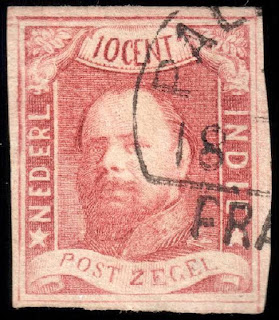The Iranian New Year,also known as the Persian New Year,is the festival that celebrates the beginning of a new year on the Iranian Solar Hijri calendar. In Persian it is known as Nowruz and begins on the spring equinox;the day is celebrated worldwide by various ethnolinguistic groups and falls on or around the date of 21 March on the Gregorian calendar.
The day of Nowruz has its origins in the Iranian religion of Zoroastrianism and is thus rooted in the traditions of the Iranian peoples; however, it has been celebrated by diverse communities for over 3,000 years in Western Asia, Central Asia, the Caucasus, the Black Sea Basin, the Balkans, and South Asia.Presently, while it is largely a secular holiday for most celebrants and enjoyed by people of several different faiths and backgrounds, Nowruz remains a holy day for Zoroastrians, Baháʼís,and some Muslim communities.
As the spring equinox, Nowruz marks the beginning of spring in the Northern Hemisphere,i.e. the moment at which the Sun crosses the celestial equator and equalizes night and day is calculated exactly every year. Traditional customs of Nowruz include fire and water, ritual dances, gift exchanges, reciting poetry, symbolic objects and more; these customs differ between the diverse peoples and countries that celebrate the festival.
Today google celebrates Nowruz with a doodle. It is celebrated as the winter season recedes in the northern hemisphere. More than 300 million people celebrate the festival across the globe. The day is also recognized by the United Nations. It is also known as Persian New Year or Norooz. Nowruz has been celebrated for over 3,000 years in the Balkans, the Caucasus, Central Asia, and the Middle East, including Iran, Afghanistan, Azerbaijan, Tajikistan, and parts of India and Pakistan.








